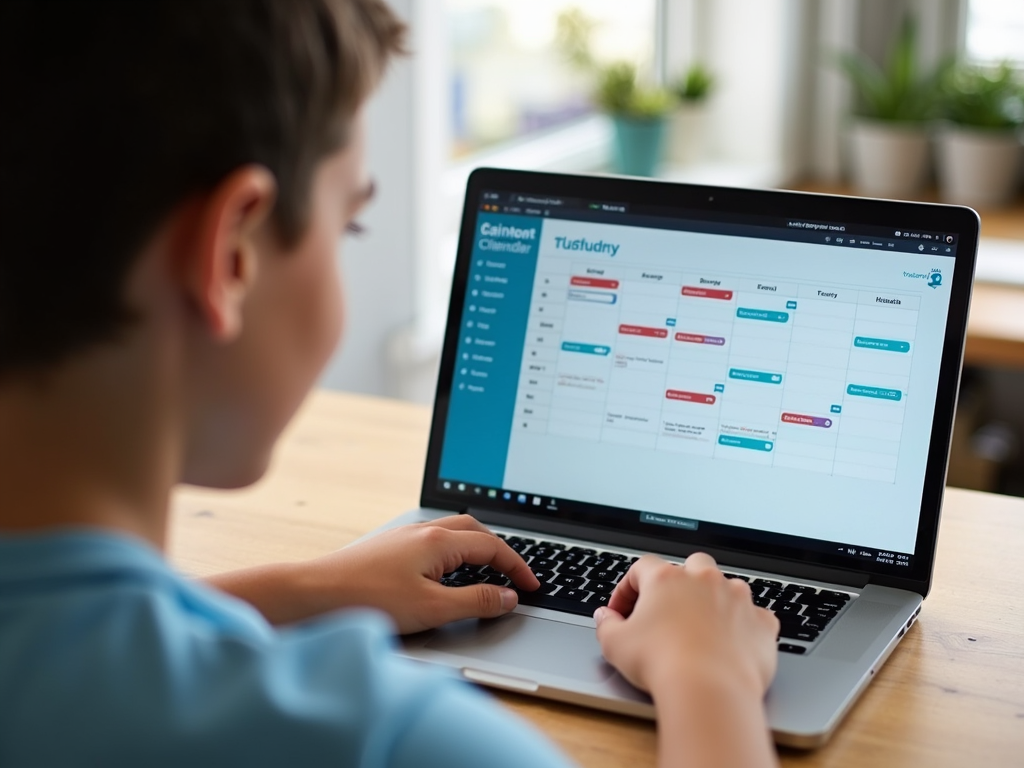Mastering Time Management for Busy Students: Balancing Studies, Volunteering, and Life
By , March 21, 2025
Juggling classes, assignments, volunteer work, and personal life can be overwhelming for students. This guide offers practical time management strategies to help you stay organized, reduce stress, and make the most of your college experience.
Introduction to Time Management for Students
Time management is crucial for students, especially those who are juggling multiple responsibilities. As a busy student, you might find yourself struggling to keep up with classes, assignments, extracurricular activities, and personal commitments. Effective time management can help you stay on top of your tasks, reduce stress, and achieve a better work-life balance.

Understanding Your Priorities
Before you can manage your time effectively, you need to understand your priorities. What are the most important tasks and goals in your life right now? For many students, academics come first, followed by extracurricular activities like volunteering, part-time jobs, and personal interests.

Effective Planning Techniques
Planning is key to effective time management. Here are some techniques to help you plan your time:
- Use a Planner or Calendar: Keep track of your classes, assignments, volunteer shifts, and personal commitments in one place.
- Set SMART Goals: Make your goals Specific, Measurable, Achievable, Relevant, and Time-bound.
- Break Down Tasks: Divide large tasks into smaller, manageable steps.
- Prioritize Tasks: Use the Eisenhower Matrix to categorize tasks based on urgency and importance.

Balancing Academics and Volunteering
Volunteering is a valuable experience for college students, offering opportunities for personal growth, skill development, and community engagement. However, balancing volunteering with academics can be challenging. Here are some tips:
- Choose Volunteer Opportunities Wisely: Look for opportunities that align with your interests and schedule.
- Communicate with Your Professors: Let them know about your volunteer commitments and seek their support.
- Integrate Volunteering into Your Studies: Explore service learning opportunities that combine volunteering with academic credit.

Leveraging Volunteer Opportunities
Volunteering can enhance your college experience in many ways. It can help you develop new skills, build your resume, and make meaningful connections. Here are some ways to leverage volunteer opportunities:
- Network with Professionals: Volunteering can connect you with professionals in your field of interest.
- Gain Practical Experience: Apply what you've learned in the classroom to real-world situations.
- Explore Career Paths: Volunteering can help you discover new career interests and passions.

Overcoming Common Challenges
Time management isn't always easy, and you might face challenges along the way. Here are some common challenges and how to overcome them:
- Procrastination: Break tasks into smaller steps and set deadlines for each step.
- Distractions: Create a distraction-free study environment and use apps to block distracting websites.
- Overcommitment: Learn to say no to commitments that don't align with your priorities.

Tools and Resources for Time Management
There are many tools and resources available to help you manage your time effectively. Here are some recommendations:
- Time Management Apps: Try apps like Todoist, Trello, or Google Calendar.
- Study Techniques: Use techniques like the Pomodoro Technique or the Feynman Technique.
- Online Resources: Explore websites like Coursera or Khan Academy for time management courses.

Personal Insights and Tips
As someone who has juggled multiple responsibilities in college, I can share some personal insights and tips:
- Find Your Peak Productivity Times: Identify when you're most productive and schedule your most important tasks during those times.
- Take Breaks: Regular breaks can help you stay focused and avoid burnout.
- Stay Flexible: Life is unpredictable, so be prepared to adjust your plans as needed.

Conclusion
Effective time management is essential for busy students. By understanding your priorities, planning effectively, and leveraging tools and resources, you can balance your academic, volunteer, and personal commitments successfully. Remember, time management is a skill that takes practice, so be patient with yourself and keep refining your approach.